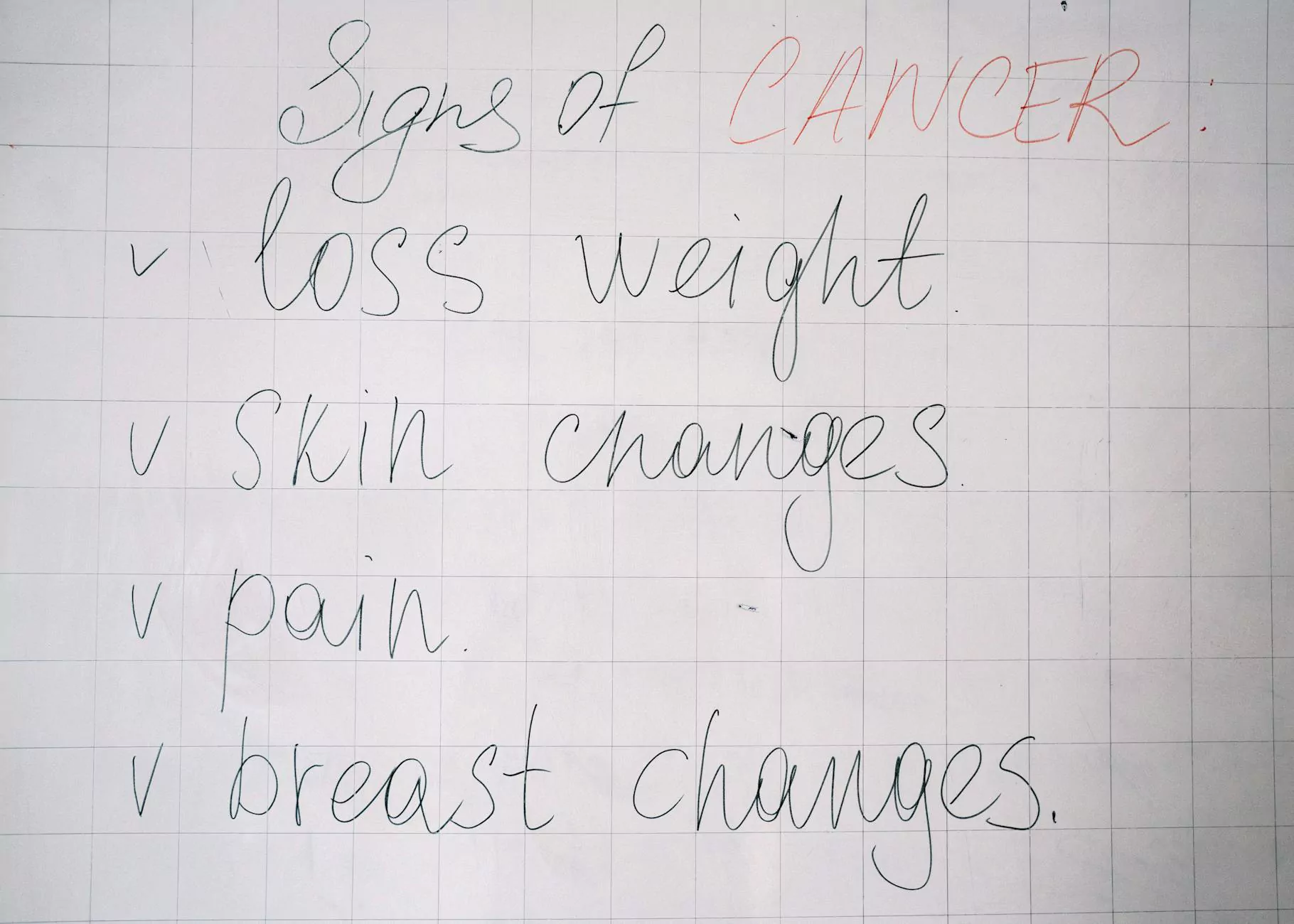Understanding Iboga and Ibogaine: A Comprehensive Guide

Iboga, a powerful plant medicine with deep roots in African spiritual practices, has garnered attention worldwide for its psychoactive effects and potential therapeutic benefits. As society seeks alternative treatments for various ailments, particularly addiction, the role of ibogaine—its active alkaloid—grows increasingly relevant. This article delves into the intricacies of iboga and ibogaine, exploring their history, usage, benefits, and the emerging interest in their therapeutic applications.
The Historical Context of Iboga
Originating from the Bwiti culture in Gabon, iboga has been used for centuries in spiritual ceremonies and rites of passage. This sacred plant, primarily the root of the Tabernanthe iboga shrub, forms an integral part of the Bwiti religion. It is employed to connect with ancestors, facilitate healing, and provide insight into personal and communal challenges.
The Psychoactive Properties of Iboga
The psychoactive properties of iboga come from its alkaloids, predominantly ibogaine. When consumed, this compound induces a trance-like state, leading to vivid introspection and often revealing memories and emotions that can influence personal healing. Users frequently report a significant shift in perspective, emotional cleansing, and a profound sense of unity with the universe.
Understanding Ibogaine
Ibogaine is classified as a Schedule I substance in the United States, indicating its potential for abuse and lack of accepted medical use. However, extensive research highlights its therapeutic properties, particularly in treating addiction. Unlike traditional methods, ibogaine is believed to reset the brain’s addiction pathways, which can aid in long-lasting recovery.
The Mechanism of Action
The way ibogaine functions is complex. Primarily, it interacts with various neurotransmitter systems, including:
- Dopamine: Involved in the brain's reward system, it plays a key role in addiction.
- Serotonin: Influences mood, happiness, and emotional well-being.
- NMDA receptors: Modulate learning and memory, and their adjustment can affect the addiction cycle.
By simultaneously addressing these neurotransmitters, ibogaine may significantly reduce withdrawal symptoms and cravings for substances like opioids, alcohol, and stimulants.
The Healing Potential of Ibogaine
Many individuals seeking recovery from substance use disorders have turned to ibogaine therapy as a holistic alternative. Research suggests that treatment with ibogaine can lead to:
- Reduction of Withdrawal Symptoms: Many users report a marked decrease in withdrawal symptoms from addictive substances.
- Decreased Cravings: Post-treatment, cravings for drugs often diminish, allowing individuals to focus on recovery.
- Psychological Insight: The introspective nature of ibogaine allows users to confront emotional pain and trauma associated with their addiction.
- Lasting Behavioral Changes: Users experience shifts in mindset that promote healthier lifestyle choices.
Research and Case Studies
Numerous case studies from around the world point to the efficacy of ibogaine. Facilities specializing in ibogaine therapy report high success rates among clients, particularly for those struggling with opioid addiction. A study published in the journal American Journal of Drug and Alcohol Abuse noted that participants experienced a significant drop in self-reported drug use within days of undergoing treatment.
Risks and Considerations
While the potential benefits of ibogaine are significant, it is imperative to approach it with caution. Some of the risks associated with ibogaine therapy include:
- Cardiovascular Risks: Ibogaine can affect heart rhythm, which may lead to serious complications in individuals with pre-existing heart conditions.
- Psychological Effects: The intense psychological experience can be overwhelming for some, potentially triggering latent mental health issues.
- Legal Status: The legal ramifications of using ibogaine vary by country, which affects accessibility and safety.
Therefore, ibogaine therapy should only be conducted under medical supervision in licensed facilities that can properly screen patients and monitor their health throughout the process.
The Future of Iboga and Ibogaine
As interest in alternative medicine grows, so does the research surrounding iboga and ibogaine. Increased scientific studies aimed at understanding their pharmacology and therapeutic effects could pave the way for broader acceptance within the medical community. Furthermore, ongoing discourse about the benefits of traditional healing methods is bringing attention to the importance of indigenous practices in modern treatments.
Integrating Ibogaine into Modern Therapy
There is potential for ibogaine to work alongside conventional treatment strategies. For instance, combining ibogaine therapy with cognitive behavioral therapy or other counseling methods may enhance recovery outcomes. Several treatment centers are beginning to adopt integrative approaches, providing comprehensive care that addresses both the physical and emotional aspects of addiction.
Conclusion
Iboga and ibogaine represent a captivating intersection of tradition and modern therapeutic practices. As awareness increases and research expands, these plant medicines may play a critical role in the future of addiction treatment and mental health care. By honoring their roots in the Bwiti culture and integrating scientific understanding, practitioners can offer a pathway toward healing that is both effective and respectful of traditional beliefs.
For more information about iboga and ibogaine therapies, or to explore treatment options, visit muchroomstore.com.
iboga ibogaine


